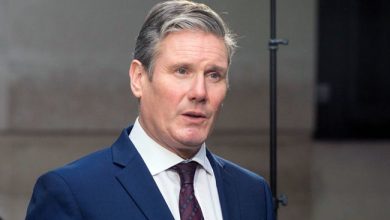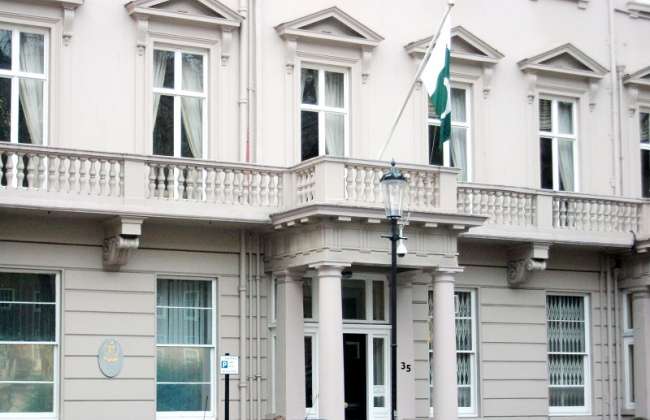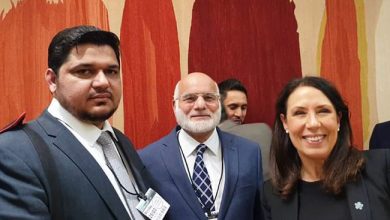Climate change challenge to be at the heart of the region’s updated transport plan

Birmingham: The region’s wide-ranging transport plan is set to be updated with a greater focus on meeting the #WM2041 climate change challenge.
The revised plan will also look to build on changes seen during the coronavirus pandemic – by further encouraging more cycling and walking, and cutting car use.
Recent surveys carried out in the region show that three-quarters of people enjoyed seeing less traffic on the streets during lockdown, while levels of cycling and walking have hugely increased.
Further technological innovations, such as autonomous vehicles, the growing 5G network, better use of data, drone technology, e-bikes and e-scooters, are also likely to further change the way people live, work and move around the region.
Now Transport for West Midlands (TfWM), which is part of the West Midlands Combined Authority (WMCA), is to revisit the Local Transport Plan and wants to gauge the views of the public, transport partners and business as the plan develops.
The current plan, called Movement for Growth, was agreed in 2016 and showed how the arrival of HS2 would be used to trigger an expansion in local rail, tram and bus networks – construction of many of these is already well underway.
But now this is in need of an update to ensure it delivers on the region-wide pledge to build towards a zero-carbon economy through the #WM2041 programme, as well as considering the impact of both new technology and the coronavirus pandemic.
The revised plan will also consider how to support the health and fitness of the region by encouraging more cycling and walking, and how to ensure all communities can benefit from investment.
Mayor of the West Midlands Andy Street said: “So much has changed since we last reviewed our transport plan for the region, with technology changing at great pace and many adopting new daily travel habits in light of the coronavirus pandemic and subsequent lockdown.
“Over the last year we have also made a firm commitment as a region to move to a zero-carbon economy and face up to our moral responsibility of tackling climate change.
“Now we are looking to reshape our transport plans to reflect these changes and ensure we deliver a transport network which meets the needs of our people and businesses while improving our environment.”
Cllr Ian Ward, WMCA portfolio holder for transport and leader of Birmingham City Council, said: “We are seeing unprecedented levels of investment with new tram lines, safe cycle routes, bus priority corridors and rail lines reopened to passengers for the first time in decades.
“But new technologies such as e-bikes, 5G communications and autonomous vehicles means we now have changes coming through which were not available the last time the transport plan was reviewed. These can, of course, help us meet the pressing challenge of lowering emissions and improving our environment. That is why climate change needs to be at the heart of our new transport plan.”
Cllr Ian Courts, WMCA portfolio holder for the environment, energy and HS2 and leader of Solihull Council, said: “Transport makes up about a third to 40 per cent of our carbon emissions in the region and through our work as an authority, it is one area where we have a lot of influence.
“But it will take more than action from us – even if we all have electric cars it will only get us part of the way there. It will require a substantial change in behaviour to reduce our reliance on the car.
“So this is a really important plan and will be part and parcel of the wider action we are taking as a region to improve our environment.”
Members of the public will be asked to help shape the proposals. To register interest in taking part in research fill in the the online form here.





